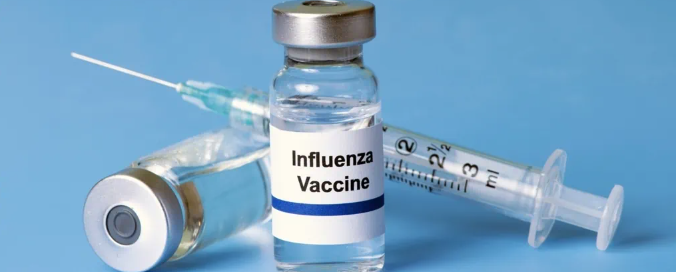Photo courtesy of Bright Stars
Below is the article published in the October 2024 issue of Infectious Diet by Quach et al. “Similar humoral responses but different CD4+ T cell transcriptomes in older adults induced by MF59-adjuvanted and high-dose influenza vaccines” Profile” summary.
In the United States, MF59 adjuvanted vaccine (MF59Flu) or high-dose vaccine (HDFlu) is preferentially recommended for older adults who have a decreased response to influenza vaccination.
Researchers conducted a retrospective study to determine the transcriptomic profile of CD4+ T cells isolated from 234 recipients (age 65 years and older) of either the MF59Flu or HDFlu vaccines before and after 28 days of vaccination.
They isolated CD4+ T cells from older adults who received the MF59Flu or HDFlu vaccines and identified differentially expressed genes (DEGs) in the cells after vaccination.
Results showed that 412 DEGs were found in CD4+ T cells of MF59Flu recipients compared to 645 HDFlu recipients. DEGs in MF59Flu recipients were significantly enriched in 14 KEGG pathways, all of which showed downregulation. Conversely, HDFlu recipients showed enrichment of 11 up-regulated and 20 down-regulated pathways. Both vaccine groups had 50 upregulated genes and 75 downregulated genes, which were enriched in 7 KEGG pathways. The remaining DEGs included 287 specific for MF59Flu and 520 specific for HDFlu. Furthermore, no significant correlation was found between DEGs and influenza A/H3N2-specific hemagglutination inhibition (HAI) titers.
The researchers concluded that the identified DEGs play a limited role in an individual’s protection against influenza.
Source:nature.com/articles/s41598-024-75250-2#Abs1

